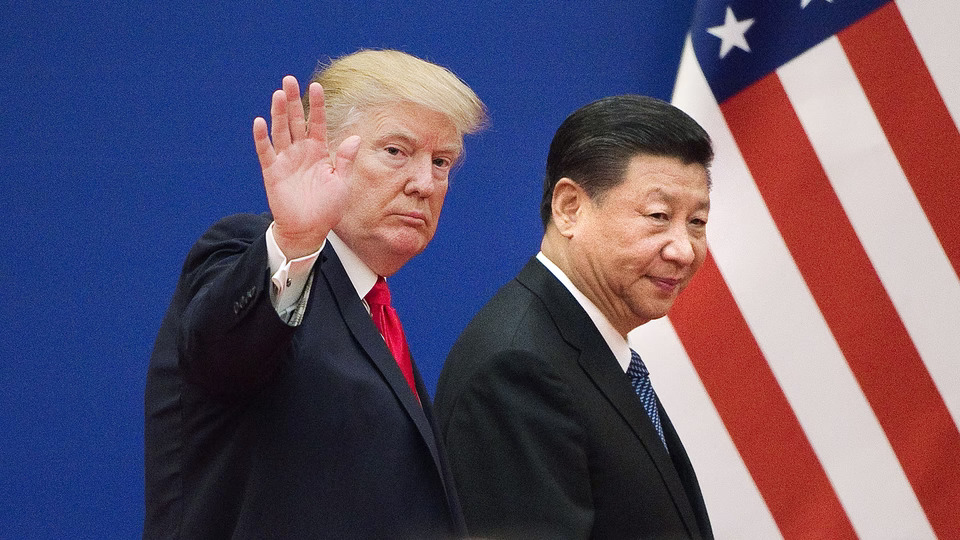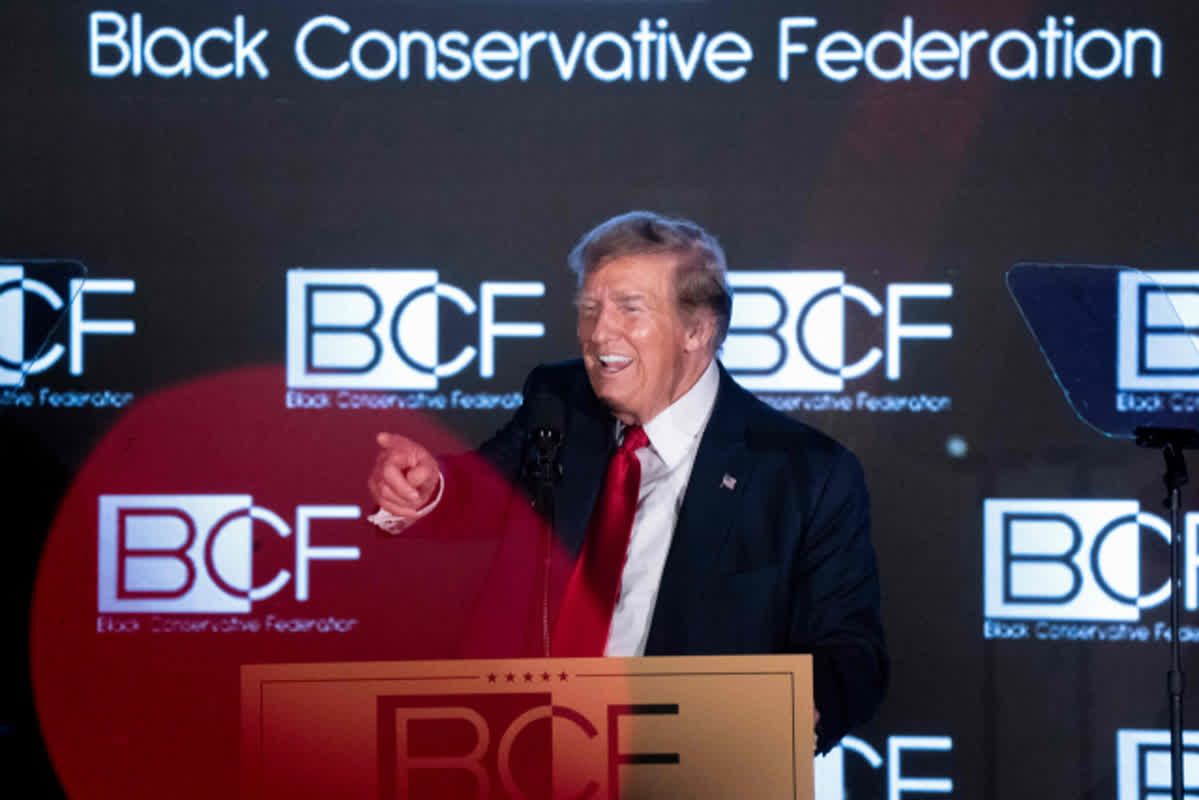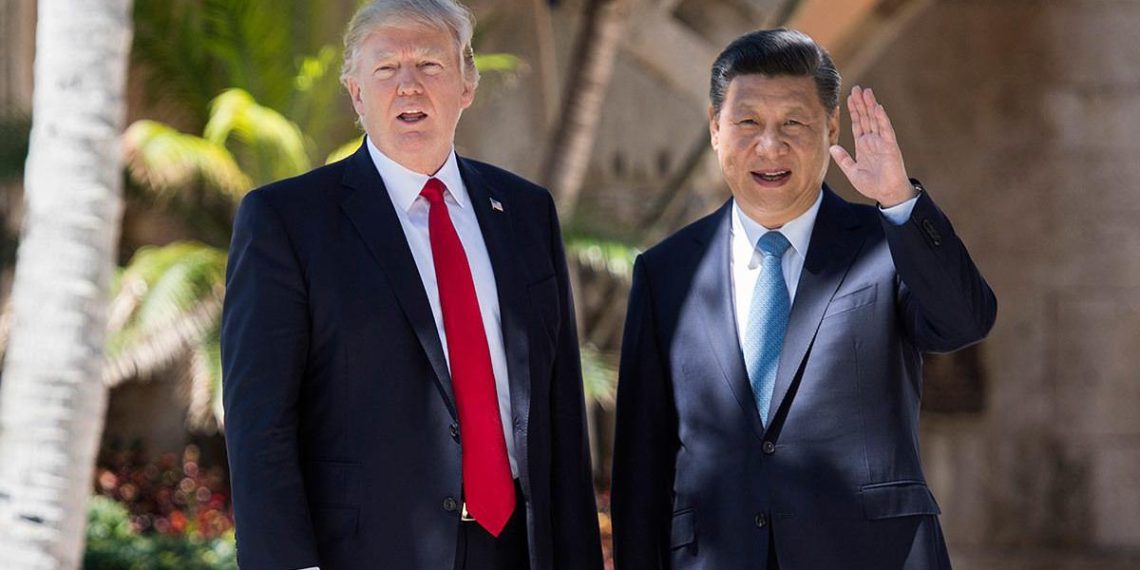In a clandestine move, former President Donald Trump sanctioned the Central Intelligence Agency (CIA) to orchestrate a covert campaign targeting Chinese social media, as revealed by former U.S. officials familiar with the operation.
Begun in 2019, the initiative aimed to sway public opinion in China against its government, utilizing a specialized team of operatives who employed false internet identities to propagate negative narratives about the ruling regime.
Simultaneously, they strategically leaked disparaging intelligence to overseas news outlets, a tactic unseen before.

The operation’s focus lay on discrediting China’s leadership, alleging corruption within the Communist Party, and criticizing initiatives like the Belt and Road project.
By disseminating such narratives, the CIA sought to instill paranoia among Chinese leaders, forcing them to divert resources into countering perceived threats to their tightly controlled internet space.
Although specifics of the operation remain undisclosed, former officials assert that the narratives were grounded in factual intelligence despite being disseminated under false identities. Chelsea Robinson, a CIA spokesperson, refrained from commenting on the program’s existence or its objectives.
The initiative marked a strategic response to China’s escalating global influence, driven by military alliances, trade agreements, and economic partnerships. Trump’s authorization signaled a return to Cold War-era tactics, reflecting a more confrontational stance towards China than previous administrations.

However, the operation carried significant risks, potentially escalating tensions with China, a formidable economic power capable of retaliating through trade measures. Despite uncertainties surrounding its impact, Trump’s 2019 order underscored the escalating rivalry between the U.S. and China.
This covert approach echoes historical Cold War tactics, yet risks exacerbating tensions and undermining efforts towards diplomatic engagement between the two superpowers.




